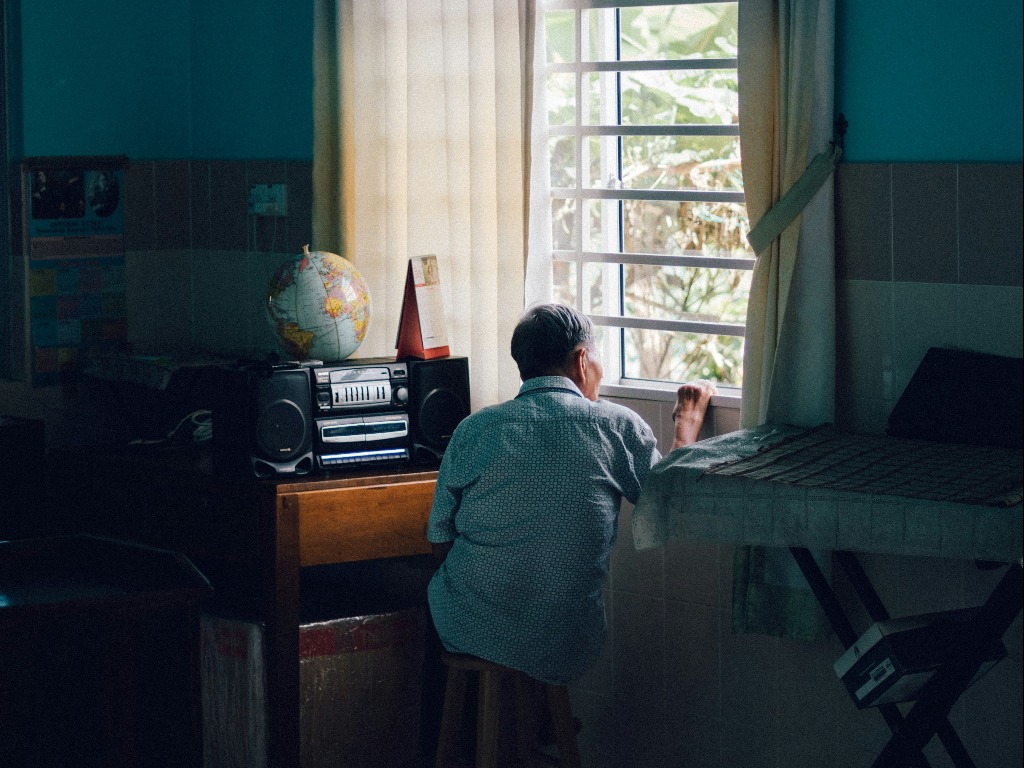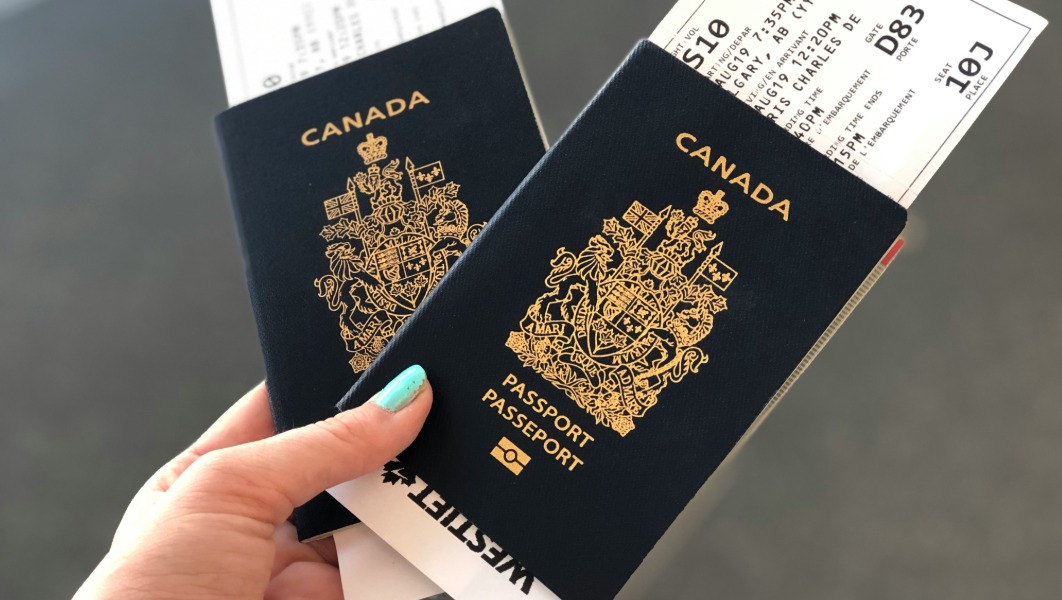Auditor General releases scathing report on ArriveCAN

Auditor General Karen Hogan took aim at the federal government’s ArriveCAN app, in a recent audit tabled by the House of Commons on Feb. 12.
The report concludes that the Canada Border Services Agency (CBSA), the Public Health Agency of Canada (PHAC), and Public Services and Procurement Canada (PSPC) failed to follow good management practices in the contracting, development, and implementation of the ArriveCAN application during the COVID-19 pandemic.
Launched by the Canada Border Services Agency on April 29, 2020, the digital application ArriveCAN was used to collect contact and health information from travellers and assist with quarantine measures.
Lack of reliable documentation
The audit estimated that the ArriveCAN application cost approximately $59.5 million but emphasized that the exact cost was impossible to calculate because of the Canada Border Services Agency’s poor financial record keeping.
The agency’s decision to continue relying on external resources throughout the application’s development, launch and updates, beyond the initial pandemic crisis, increased costs and brings into question the value achieved for money spent. The lack of documentation and controls extended to contracting practices. The audit found that the Canada Border Services Agency’s disregard for policies, controls, and transparency in the contracting process limited opportunities for competition and undermined value for money.
There was little documentation to support how and why GC Strategies was awarded the initial ArriveCAN contract through a non‑competitive process. Evidence indicated that GC Strategies was involved in setting the requirements that the Canada Border Services Agency later used to tender a competitive contract.

The audit found that Canada Border Services Agency managed contracts poorly, again raising concerns about value for money. Essential information, such as clear deliverables and required qualifications, was missing from contracts. Canada Border Services Agency routinely approved and paid invoices that contained little or no details on the work completed.
“Public servants must always be transparent and accountable to Canadians for their use of public funds. Many questions that Parliamentarians and Canadians are asking cannot be answered,” Hogan said. “The lack of information to support ArriveCAN spending and decisions has compromised accountability.”
The Canada Border Services Agency added the digital customs and immigration declaration form into the ArriveCAN application at a cost of about $6.2 million, to replace the existing paper-based system. The new digital declaration form remained in use after requirements to collect travellers’ contact and health information stopped in October 2022.
“Wrongly quarantined”
As a result of poor record-keeping, the audit shows that between April 2020 and October 2022, the Canada Border Services Agency released 177 versions of ArriveCAN with often little to no documentation of testing. In one update, in June 2022, around 10,000 travellers were wrongly instructed to quarantine.
There was no formal agreement between the Public Health Agency of Canada and the Canada Border Services Agency from April 2020 to July 2021 to clarify roles and responsibilities. In the absence of a designated lead, good project management practices—such as developing project objectives and goals, budgets and cost estimates, and risk management activities—were not carried out.

Federal government responds
In its response, the federal government said that the Auditor General’s report and the recent review done by the Procurement Ombudsman “has identified unacceptable gaps in management processes, roles and controls that the Canada Border Services Agency (CBSA), Public Services and Procurement Canada (PSPC) and the Public Health Agency of Canada (PHAC) take seriously.”
The government indicates that some recommendations in the report have already been implemented and the CBSA will take further action to ensure management practices are aligned with policies and processes to maintain the confidence of Canadians.
“The app was built during an extraordinary time and on an emergency basis. ArriveCAN data was an integral part of Canada’s monitoring program for the early detection and identification of new COVID-19 variants of concern, and critical to the federal government’s ability to monitor, assess, and respond to COVID-19 as it evolved,” the government said in a statement. “Despite these circumstances, we recognize that the gaps found by the Auditor General are unacceptable and we are taking steps to ensure all government departments are better positioned to undertake projects of this nature in the future.”
In addition, PSPC will continue to strengthen all aspects of the federal procurement regime and will use the findings from this report to improve the way the Government of Canada does business with its suppliers.
PSPC has already taken a number of steps, including implementing new measures to ensure that tasks and deliverables are clearly defined in professional services contracts, and updating the policy and guidance documentation used by procurement officials to ensure consistency.
PHAC is taking action to strengthen its preparedness for future public health emergencies, including through adapting tools to increase efficiency, strengthening emergency management and planning capacity, and putting in place contingency arrangements with key partners and stakeholders. PHAC will also update its guidance for interactions with potential contractors and ensure that the reinforced documentation process is compliant with the Treasury Board Directive.
To view the full report, click here.


